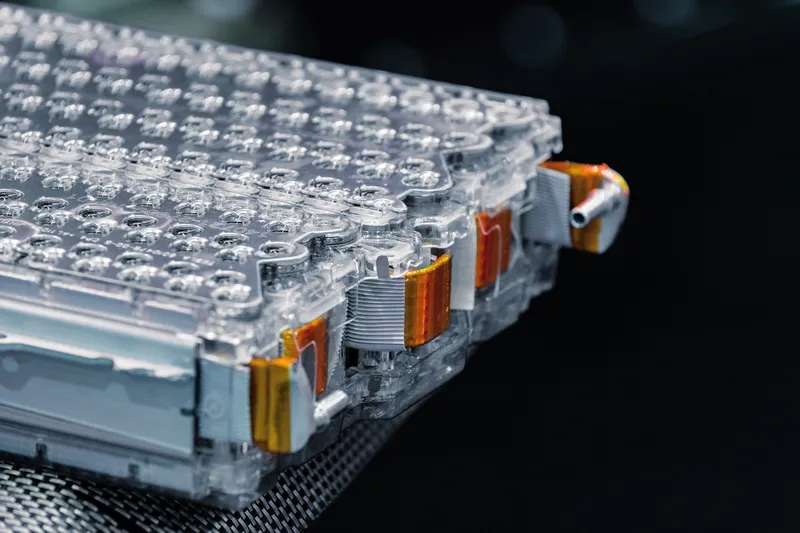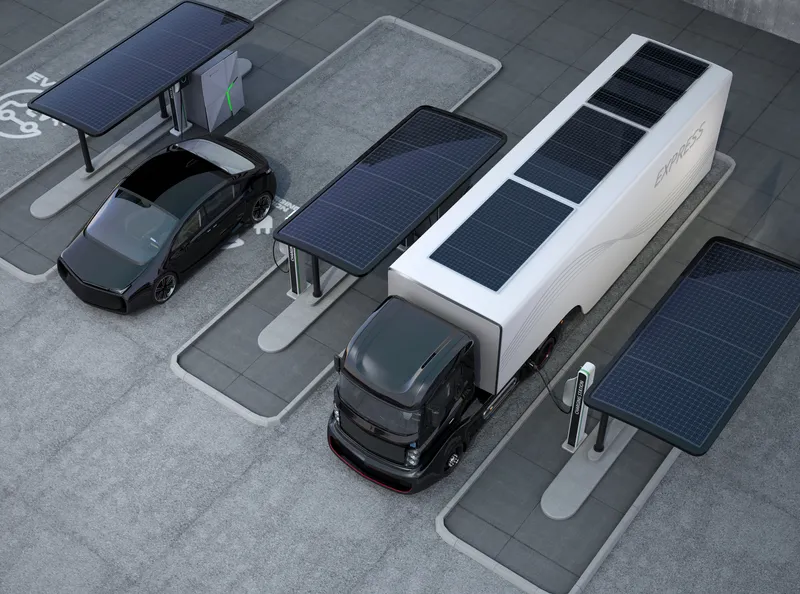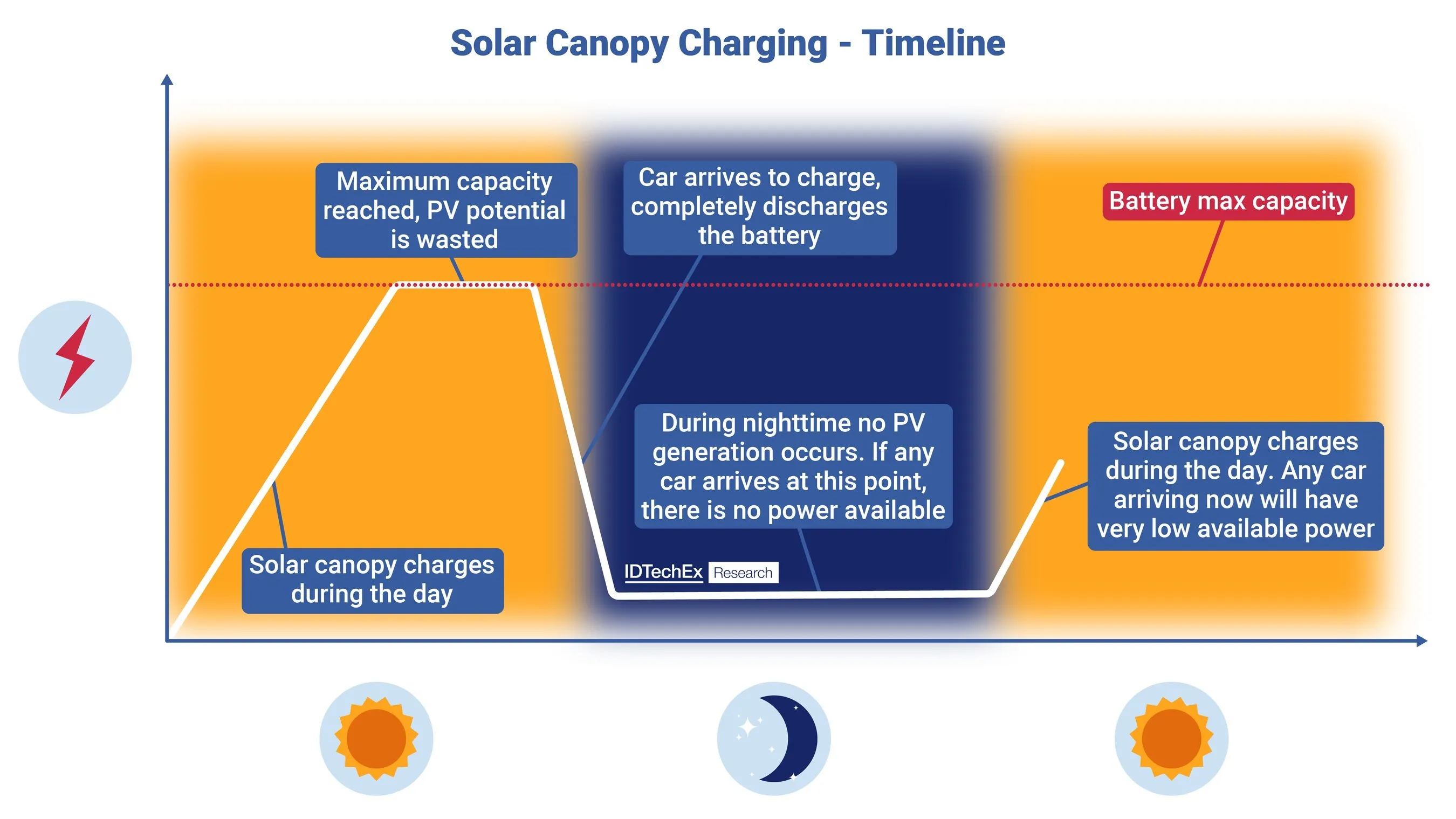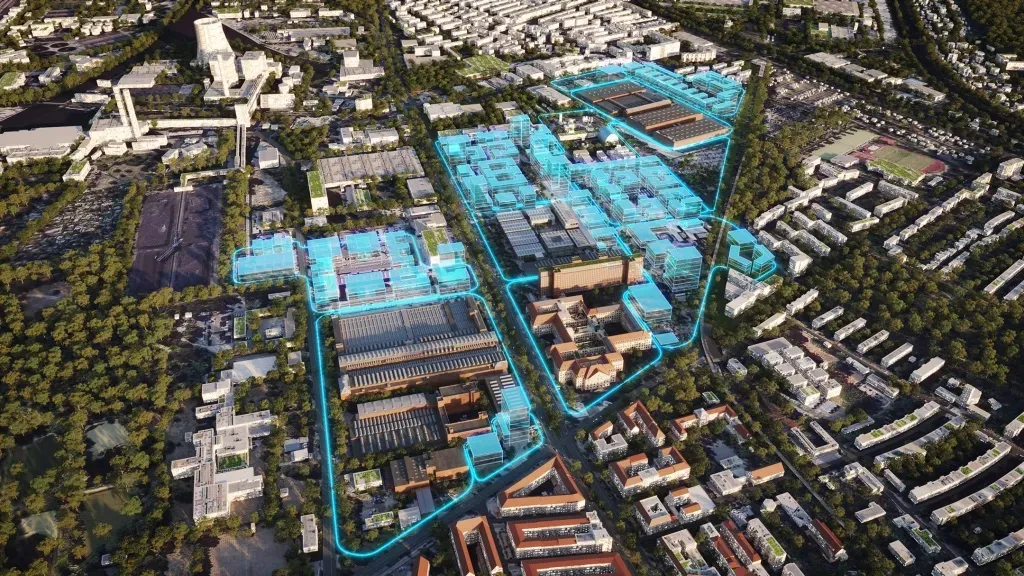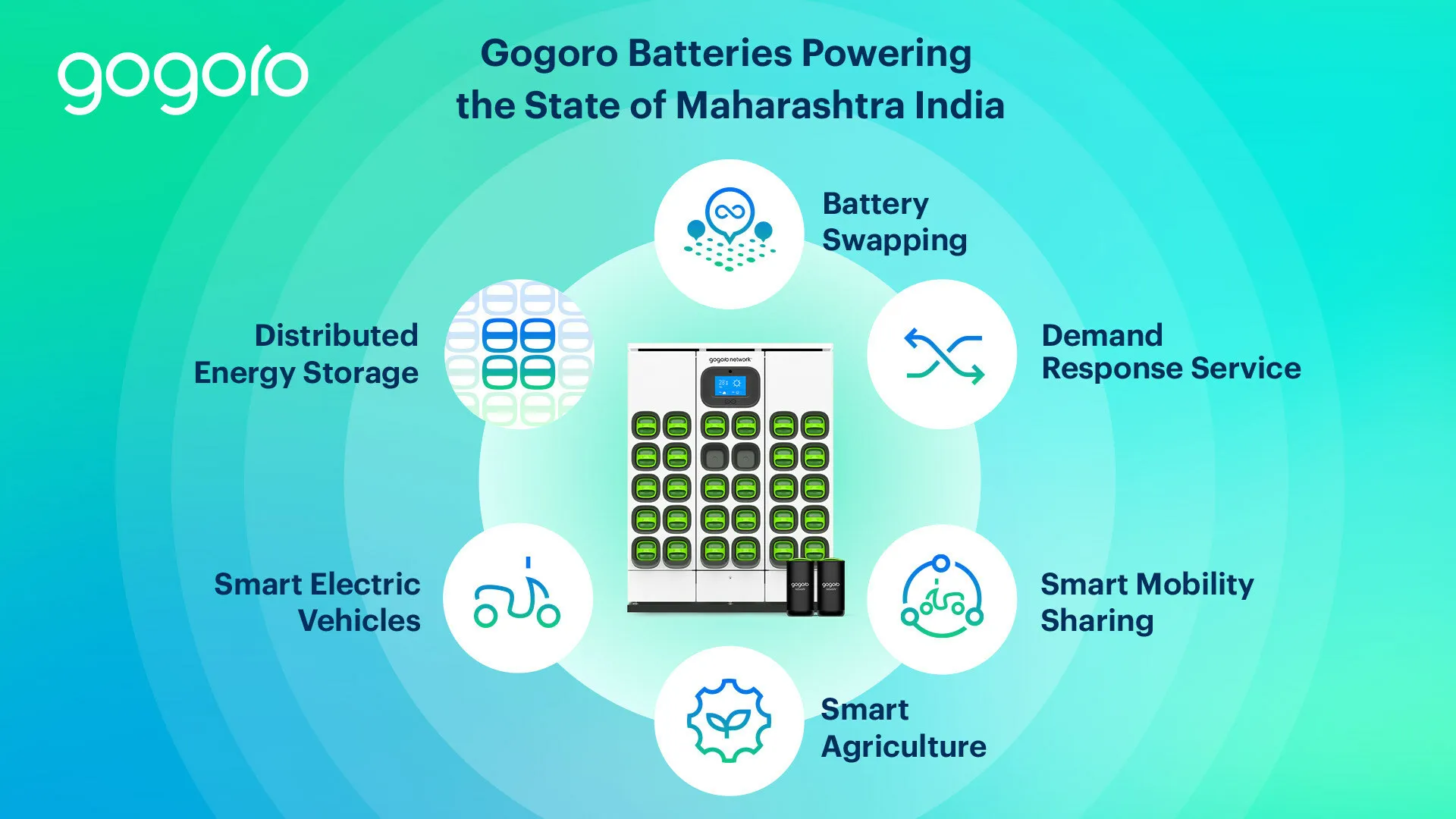
Gogoro, a technology provider for battery swapping ecosystems that enable smart sustainable mobility solutions for cities, and Belrise, an automotive systems manufacturer based in India, plan a joint 50-50 partnership to invest approximately US$2.5bn over eight years with the State of Maharashtra government to build energy infrastructure across the state.
The companies plan to build a smart energy infrastructure in Maharashtra that is open and accessible and establishes battery swapping and smart battery stations as a leading source for mobility and energy storage.
The battery swapping infrastructure expects to begin deploying across the State of Maharashtra in 2023 which will leverage Gogoro's smart energy ecosystem including smart battery stations, swapping technologies, and network management solutions. It will provide numerous innovations to the state, contributing in the areas of smart city design and development, energy storage stations and systems, smart mobility sharing, smart electric vehicles, demand response services and distributed energy storage, and smart agriculture, among other applications.
Maharashtra, one of the 28 states within the Republic of India, is known as India's growth engine due to its large contribution to India's GDP. It is also nationally recognised as the most advanced in terms of manufacturing and services sector. Mumbai, the capital of Maharashtra is a global world class city.


